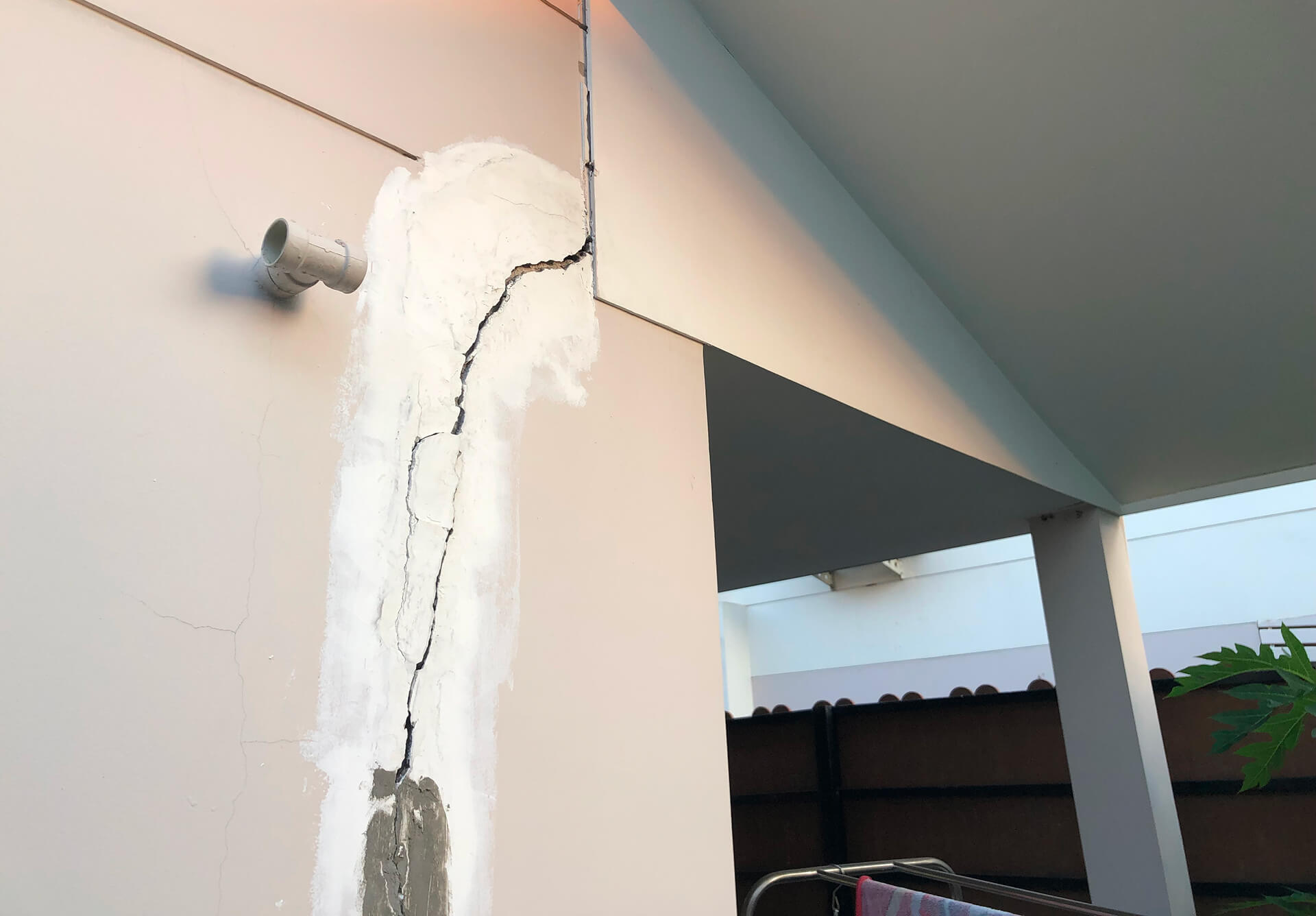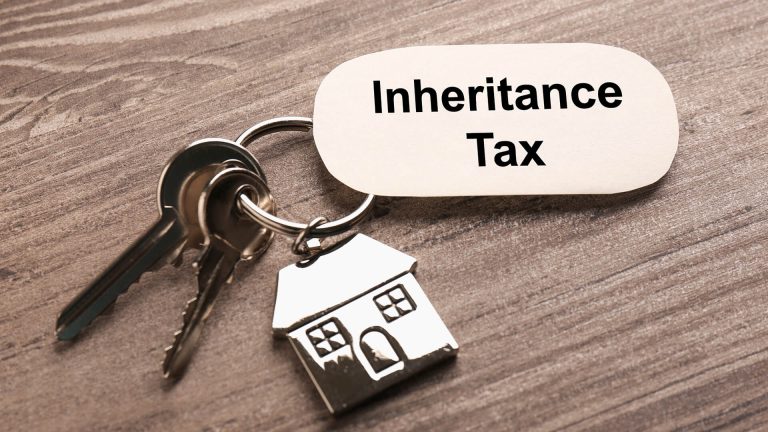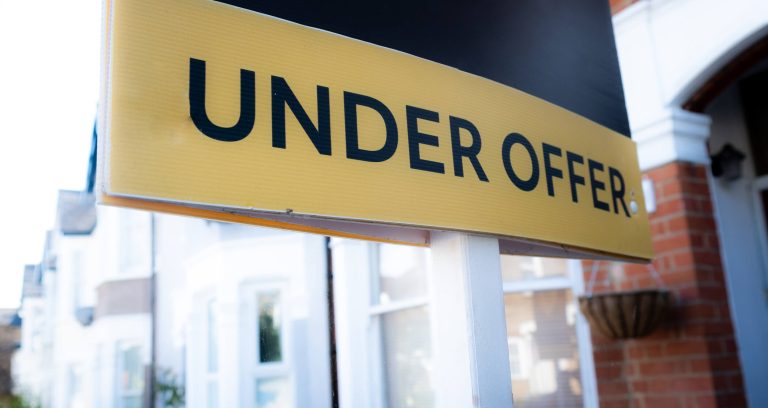When you’re selling a property in the UK, it’s not just about finding the right buyer and setting the right price. You’re also legally required to disclose specific information about the property. Failing to do so could result in legal disputes, compensation claims, or even the collapse of the sale. This guide explains exactly what sellers must declare and why transparency is essential in the process.
Why Property Disclosure Matters
Disclosure is important because it ensures the buyer is fully informed before making a commitment. UK property law requires truthful and complete disclosures to prevent any misrepresentation. Providing the correct information reduces the risk of legal action after the sale and helps both parties proceed with confidence.
The Property Information Form (TA6)
One of the most important documents in the property transaction process is the TA6 Property Information Form. This form is completed by the seller and submitted to the buyer via the solicitor or conveyancer. It covers a wide range of information about the property, including:
- Boundaries: Clarify who is responsible for maintaining fences, hedges, and walls.
- Disputes: Report any past or ongoing issues with neighbours, including noise complaints or boundary disagreements.
- Alterations and Extensions: Disclose any modifications to the structure, including details of planning permission and building regulations approval.
- Utilities and Services: Provide details about water, gas, electricity, and drainage connections.
- Environmental Issues: Declare known environmental risks such as flooding or the presence of Japanese knotweed.
- Structural Problems: Mention issues such as subsidence, roof damage, or damp.
Completing the TA6 form honestly is crucial. Misleading or omitting information could be considered misrepresentation under the Consumer Protection from Unfair Trading Regulations 2008.
The Fittings and Contents Form (TA10)
This document outlines what is and isn’t included in the sale. It may seem simple, but misunderstandings about what’s left behind can lead to disputes. On the TA10 form, sellers declare items such as:
- Kitchen appliances
- Light fittings
- Window coverings
- Garden sheds or outbuildings
Being clear about what stays and what goes will help avoid disappointment and confusion for the buyer later on.
Legal Documentation Requirements
Aside from disclosure forms, sellers must provide official documentation proving ownership and compliance with legal obligations. This includes:
- Proof of Ownership: Usually available through HM Land Registry.
- Title Deeds: Especially important if the property hasn’t changed hands in decades.
- Energy Performance Certificate (EPC): Required by law and must be valid at the time of marketing. It gives buyers insight into energy efficiency. Learn more from the UK Government’s EPC guide.
Specific Disclosures You Must Make
In addition to the forms and documents, there are specific problems and conditions that must be declared during the selling process. These include:
- Structural Issues: Any known problems like foundation cracks, sagging roofs, or subsidence.
- Damp and Mould: Even historical issues must be mentioned.
- Pest Infestations: Whether you’ve had issues with rats, termites, or insects.
- Flooding: Disclose if the property has flooded before or lies in a high-risk flood zone.
- Planning Permissions: Ensure that any work done on the property was approved and certified.
- Japanese Knotweed: This invasive species must be disclosed. It can seriously impact a property’s value and insurability.
- Neighbour Disputes: If you’ve ever had formal complaints or legal issues with neighbours, these must be reported.
- Guarantees and Warranties: Any that apply to boilers, extensions, or recent renovations should be passed to the new owner.
What Happens If You Don’t Declare Something?
If a buyer later discovers that you withheld key information, they could take legal action. Under the Misrepresentation Act 1967, buyers can sue for compensation or even reverse the sale in extreme cases.
Being honest may feel uncomfortable at times, but it protects you legally and builds trust during the transaction.
Fast Cash House Buyers and Disclosure
If you’re concerned about making disclosures or if your property has issues like structural damage or disputes, selling to a fast cash house buying company might be an alternative. These companies are typically more flexible and will buy:
- Homes with unresolved disputes
- Properties with subsidence or damp
- Houses in flood zones
- Homes affected by Japanese knotweed
While the price may be below market value, you can avoid estate agent fees, delays, and drawn-out surveys. National House Buyers can offer cash sales in as little as 7 days—an ideal solution for sellers with problem properties or those in a hurry.
Conclusion: Transparency Is Non-Negotiable
When selling a property, transparency isn’t just ethical—it’s the law. By disclosing key information through the TA6 and TA10 forms, as well as providing legal documentation, you protect yourself from future legal consequences and help buyers make informed decisions.
If your property has significant problems, a fast cash house buyer can provide a stress-free and legally compliant alternative. Regardless of how you choose to sell, honesty is your best protection.
Always consult a solicitor before selling your home, especially if there are complex issues to declare. Getting it right from the start can save you from a world of problems down the line.
About National House Buyers
Selling your house shouldn’t be stressful. When selling quickly is paramount, National House Buyers offers a transparent and effortless solution. At NHB, we offer a hassle-free solution for those needing to sell quickly. We buy any type of property, in any condition and location, for cash with a guaranteed sale.
Say goodbye to the conventional selling headaches: no estate agent commissions, escape the uncertainty of property chains, and be assured of no hidden charges or drawn-out waiting periods. We’re dedicated to providing UK homeowners with a rapid, hassle-free sale, ensuring a smooth transition to your next chapter.
Find out how it works or call us free on 0800 032 1217 today.



